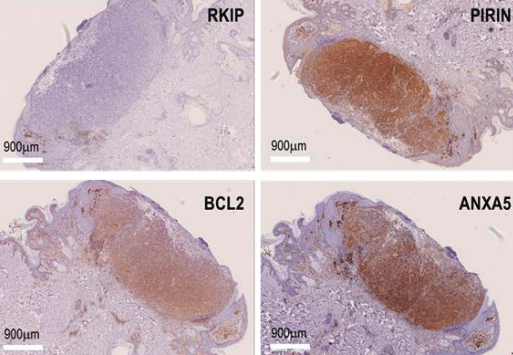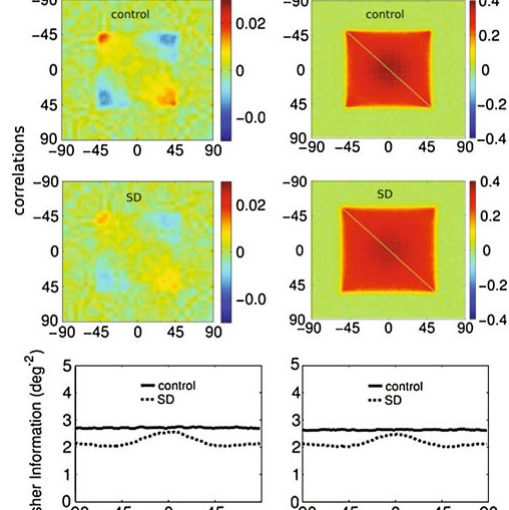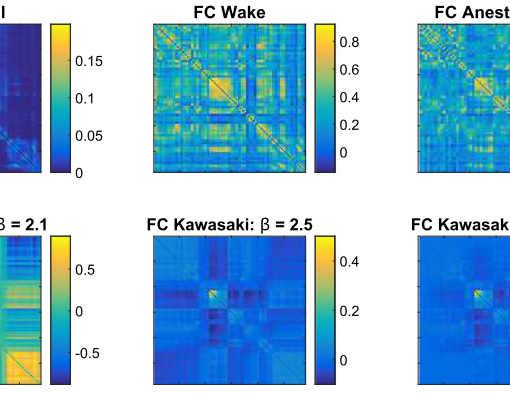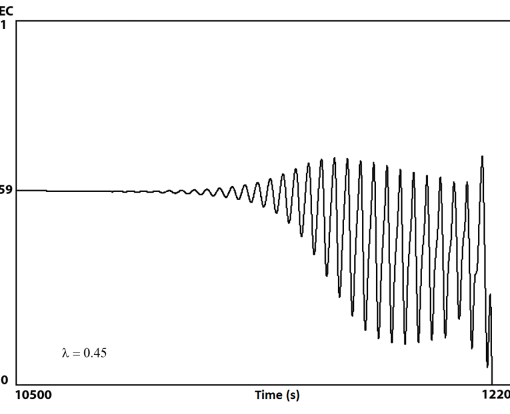Jose Luis Diaz-Ramón,Jesus Gardeazabal, Rosa Maria Izu, Estibaliz Garrote, Javier Rasero,Aintzane Apraiz,Cristina Penas,Sandra Seijo,Cristina Lopez-Saratxaga,Pedro Maria De la Peña,Ana Sanchez-Diaz,Goikoane Cancho-Galan, Veronica Velasco, Arrate Sevilla, David Fernandez, Iciar Cuenca,Jesus María Cortes, Santos Alonso, Aintzane Asumendi, and María Dolores Boyano. Melanoma Clinical Decision Support System: An Artificial Intelligence-Based Tool to Diagnose and Predict Disease Outcome in Early-Stage Melanoma Patients. Cancers 2023, 15(7), 2174. [pdf]
Abstract: This study set out to assess the performance of an artificial intelligence (AI) algorithm based on clinical data and dermatoscopic imaging for the early diagnosis of melanoma, and its capacity to define the metastatic progression of melanoma through serological and histopathological biomarkers, enabling dermatologists to make more informed decisions about patient management. Integrated analysis of demographic data, images of the skin lesions, and serum and histopathological markers were analyzed in a group of 196 patients with melanoma. The interleukins (ILs) IL-4, IL-6, IL-10, and IL-17A as well as IFNγ (interferon), GM-CSF (granulocyte and macrophage colony-stimulating factor), TGFβ (transforming growth factor), and the protein DCD (dermcidin) were quantified in the serum of melanoma patients at the time of diagnosis, and the expression of the RKIP, PIRIN, BCL2, BCL3, MITF, and ANXA5 proteins was detected by immunohistochemistry (IHC) in melanoma biopsies. An AI algorithm was used to improve the early diagnosis of melanoma and to predict the risk of metastasis and of disease-free survival. Two models were obtained to predict metastasis (including “all patients” or only patients “at early stages of melanoma”), and a series of attributes were seen to predict the progression of metastasis: Breslow thickness, infiltrating BCL-2 expressing lymphocytes, and IL-4 and IL-6 serum levels. Importantly, a decrease in serum GM-CSF seems to be a marker of poor prognosis in patients with early-stage melanomas.





